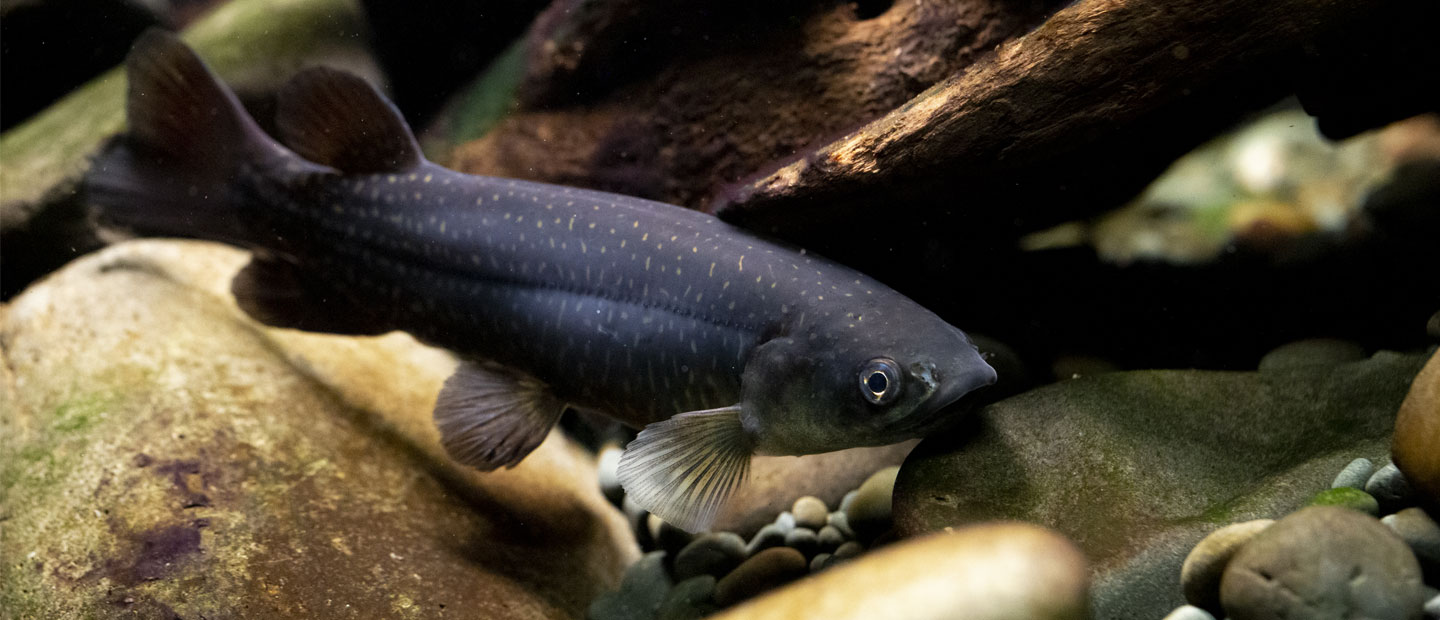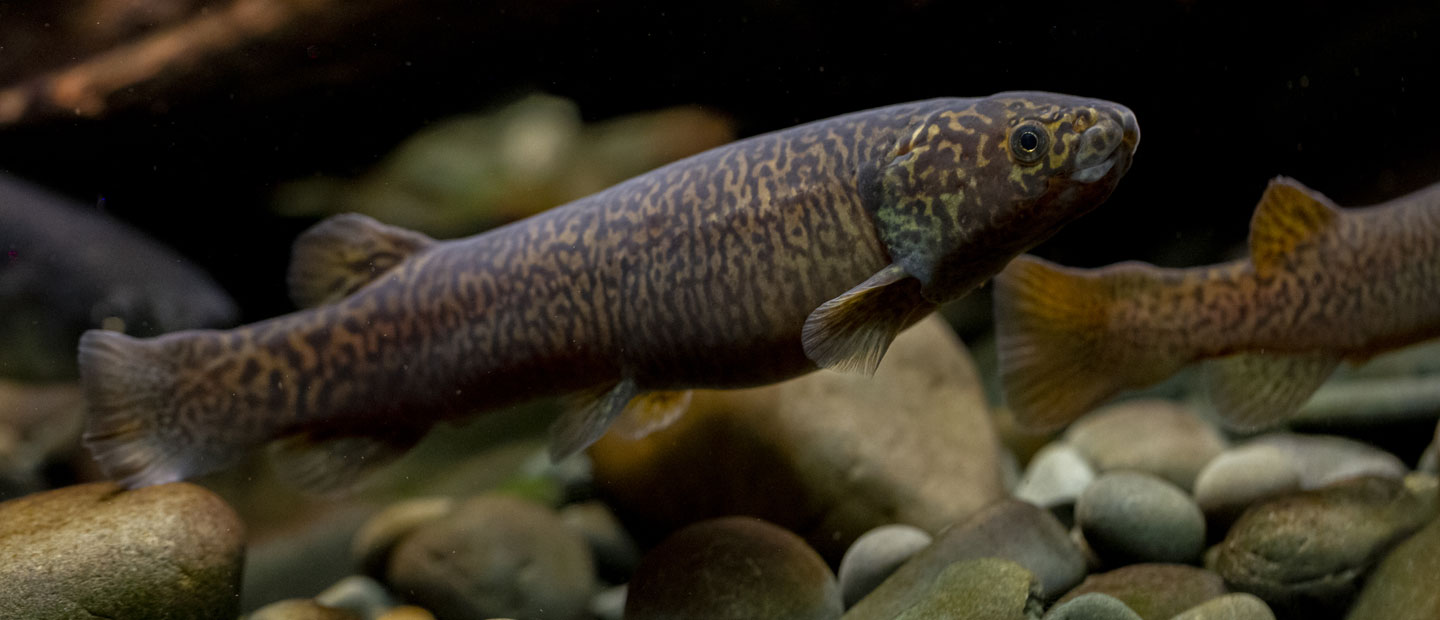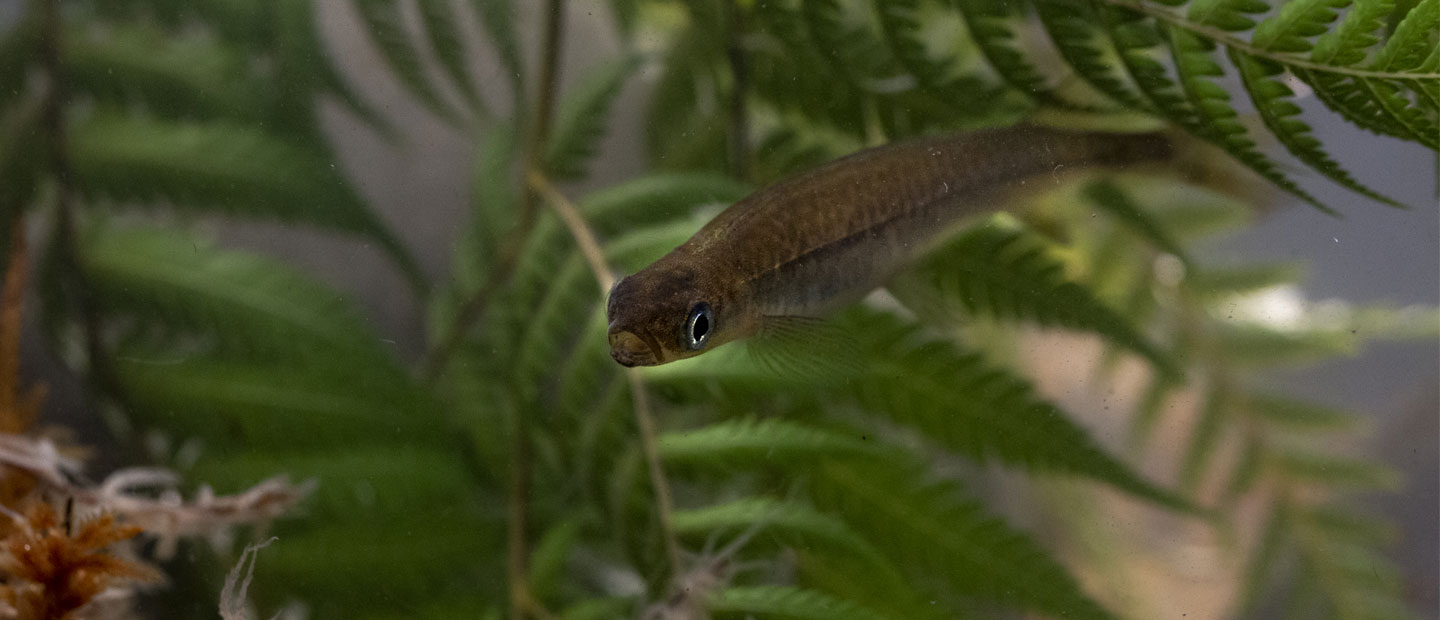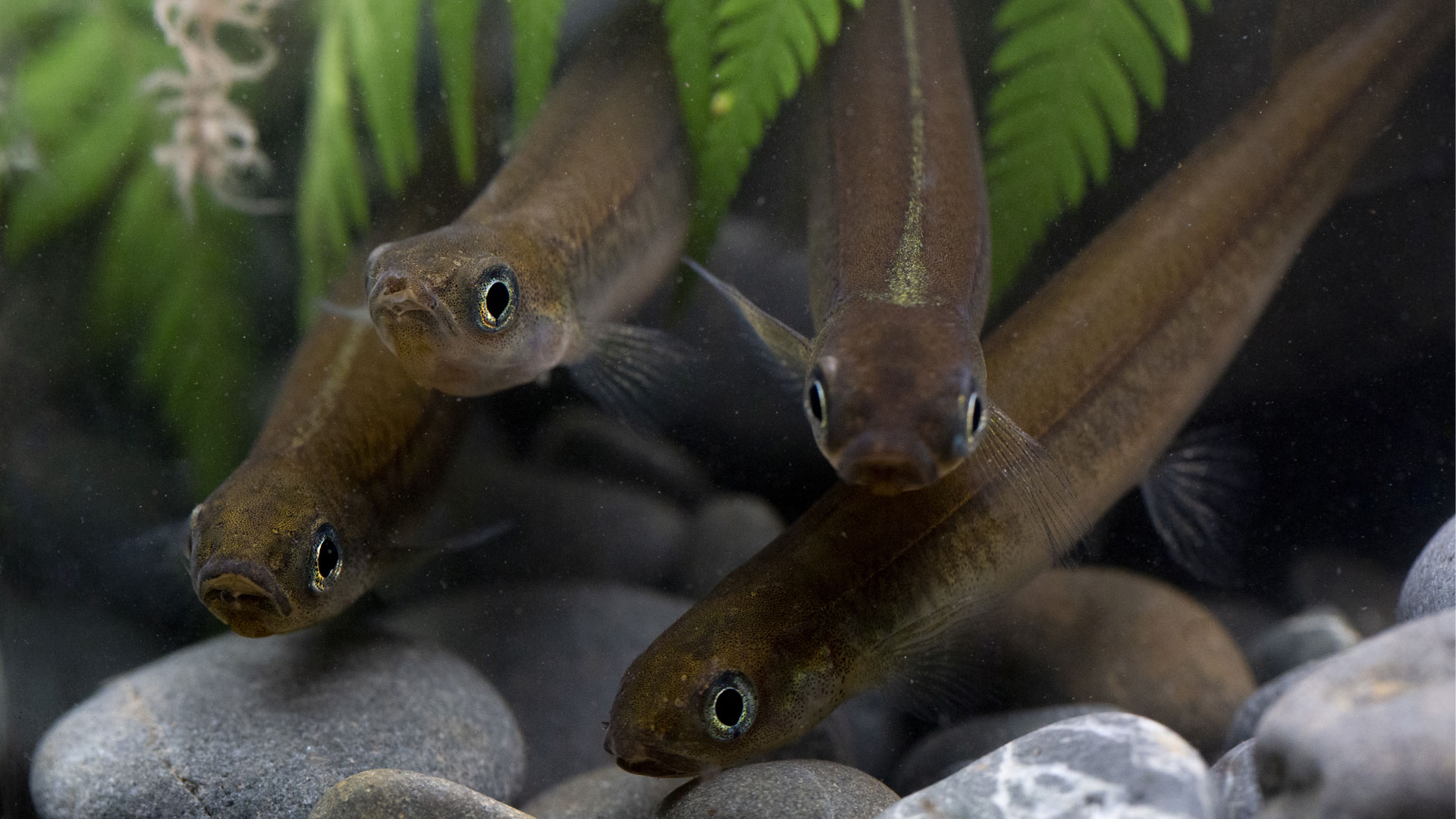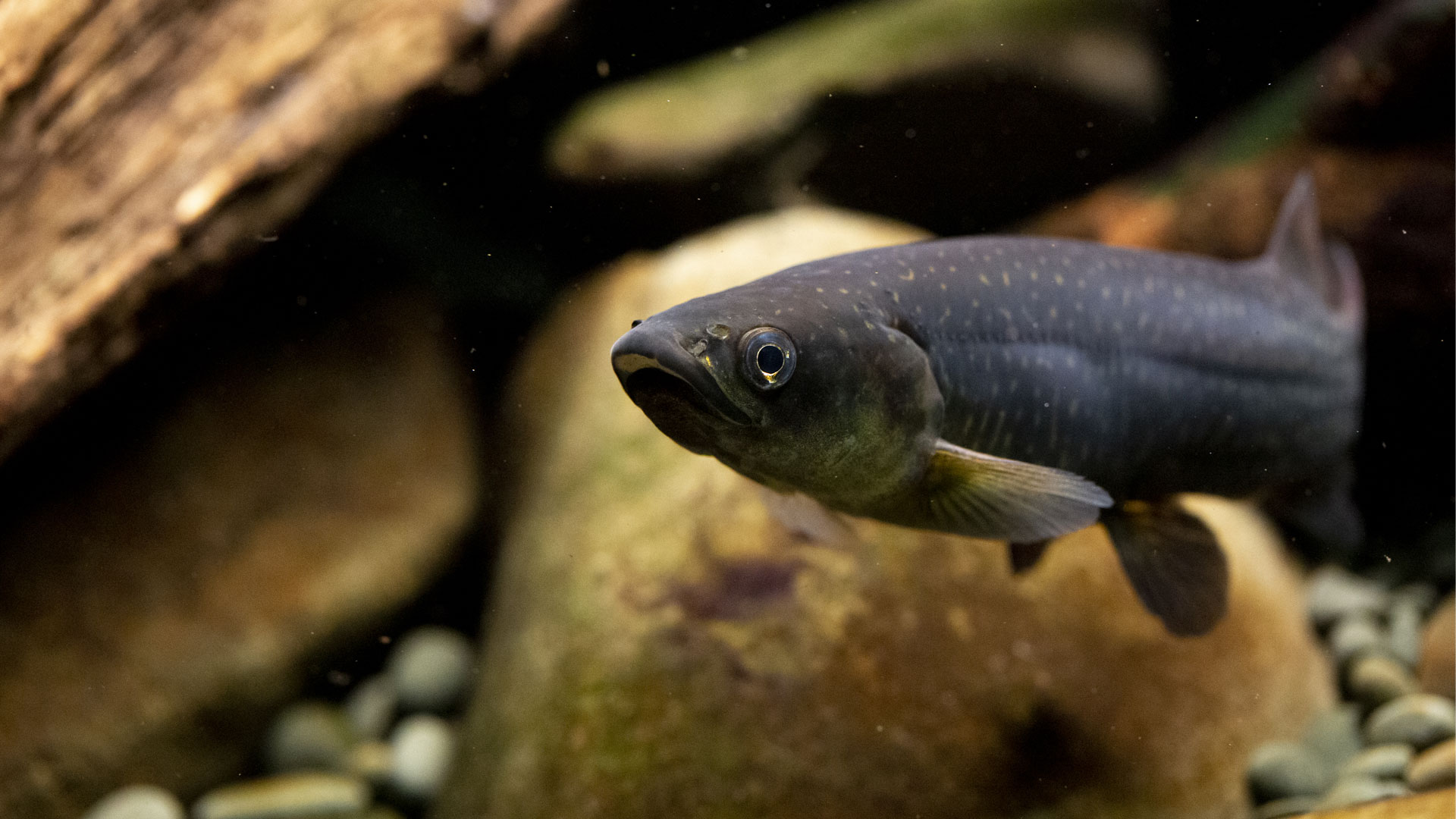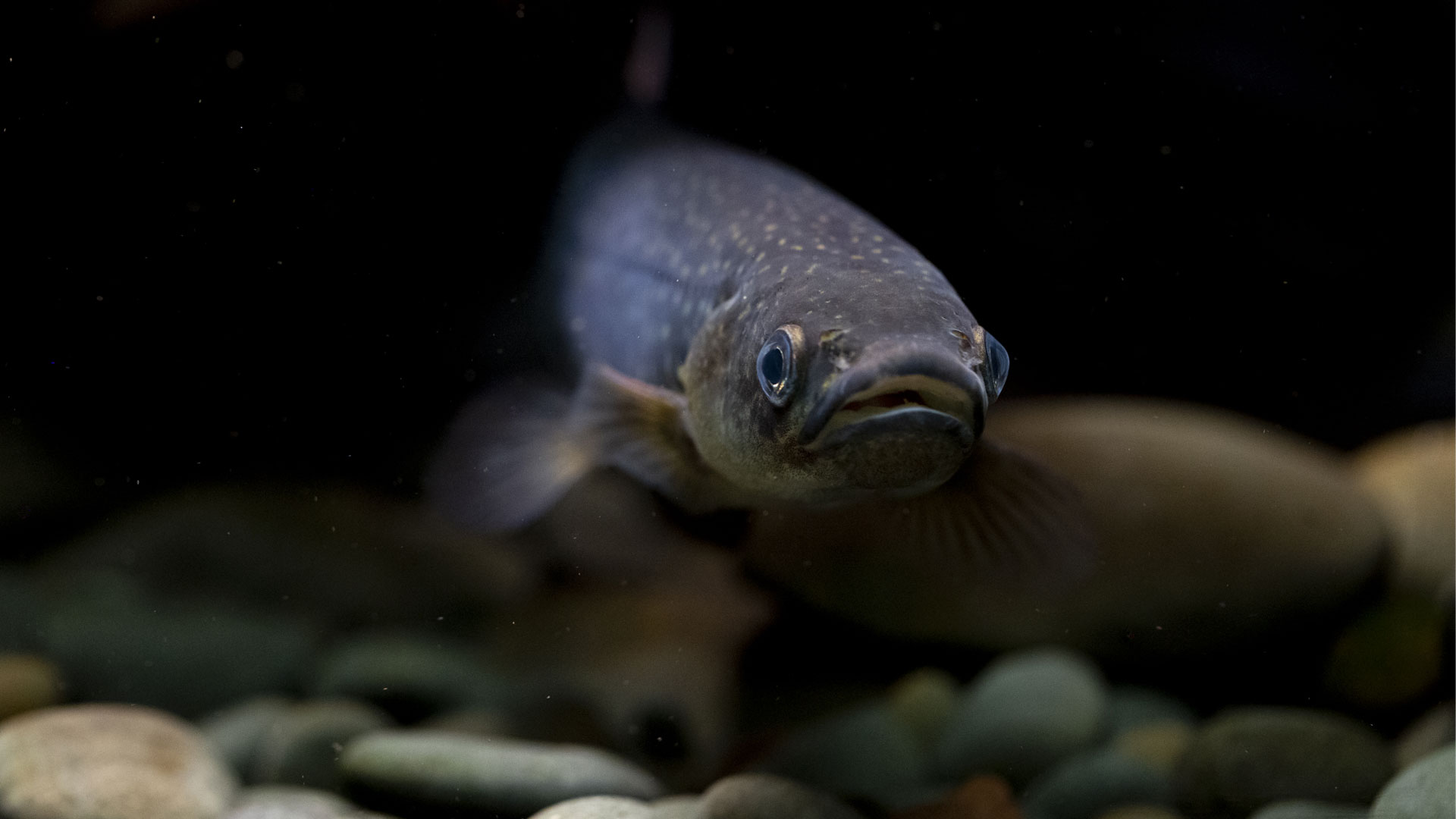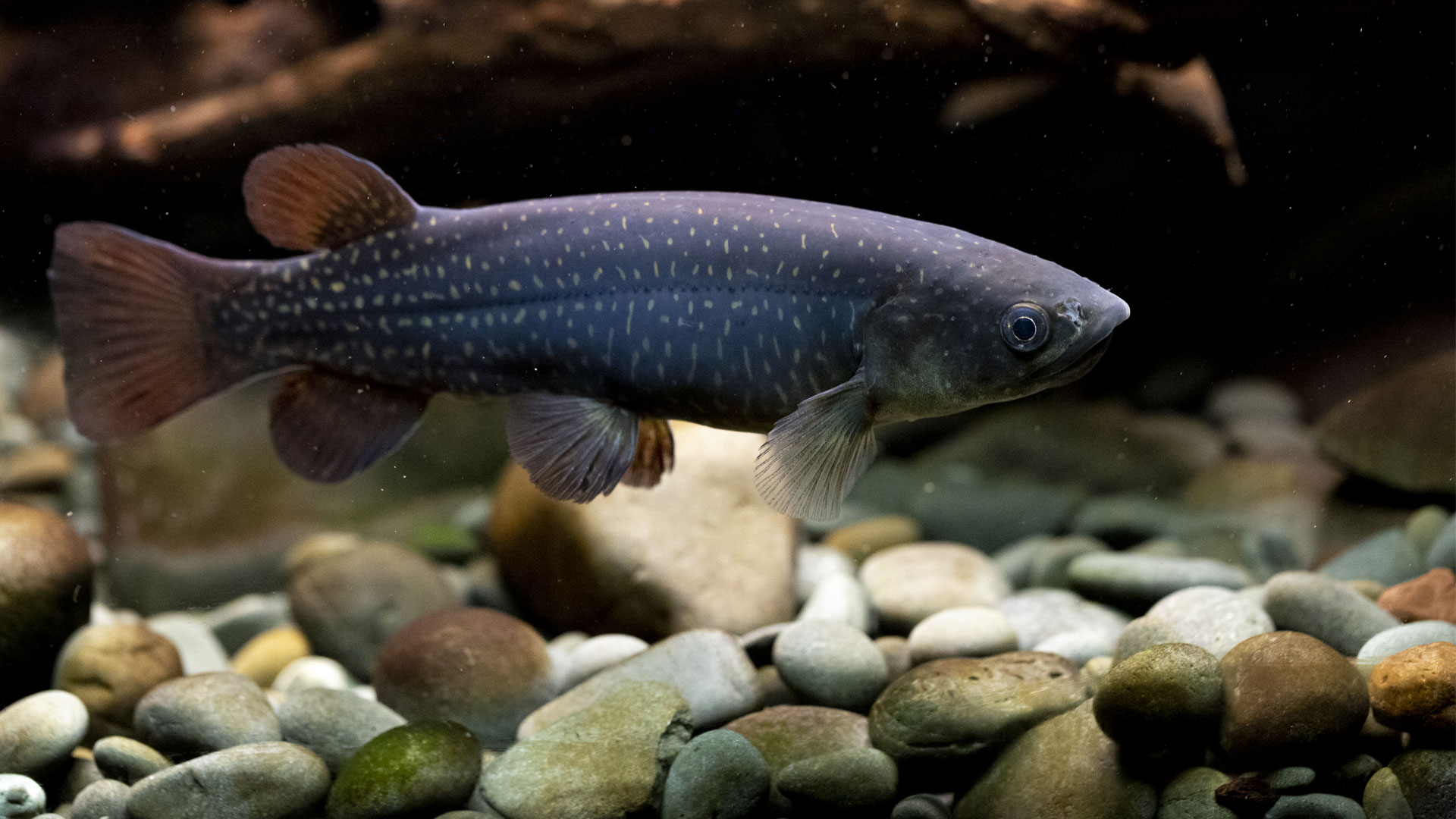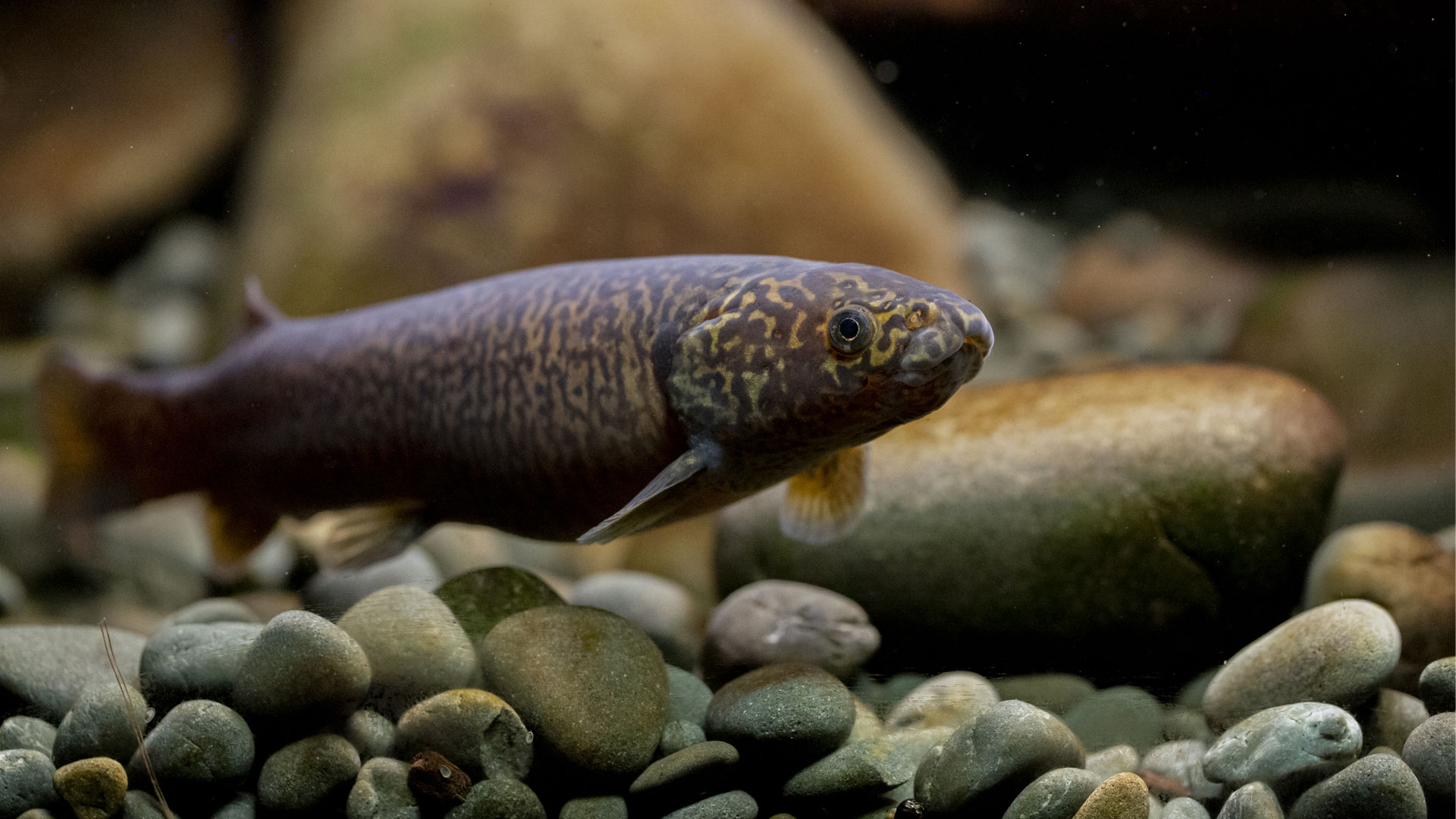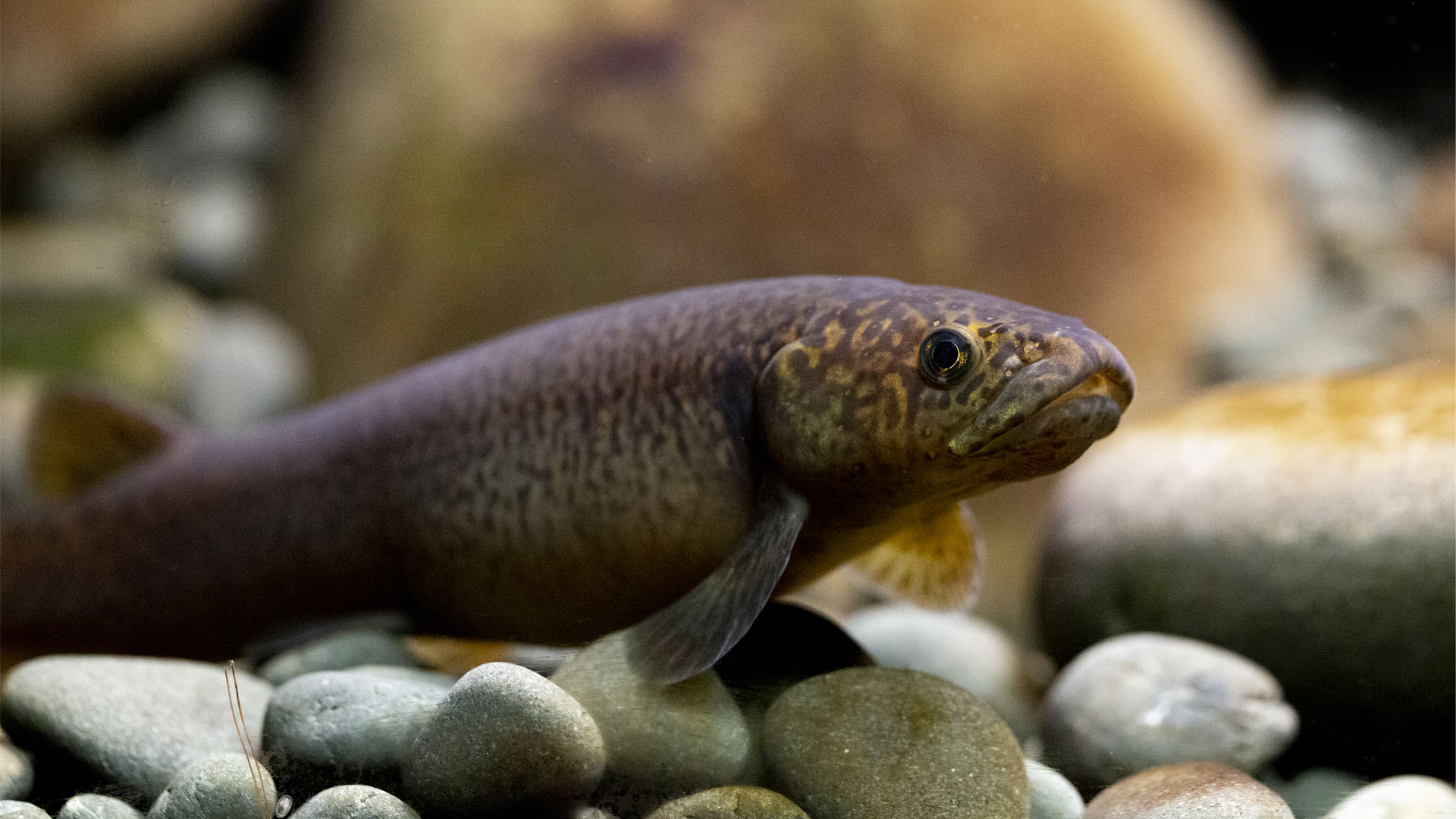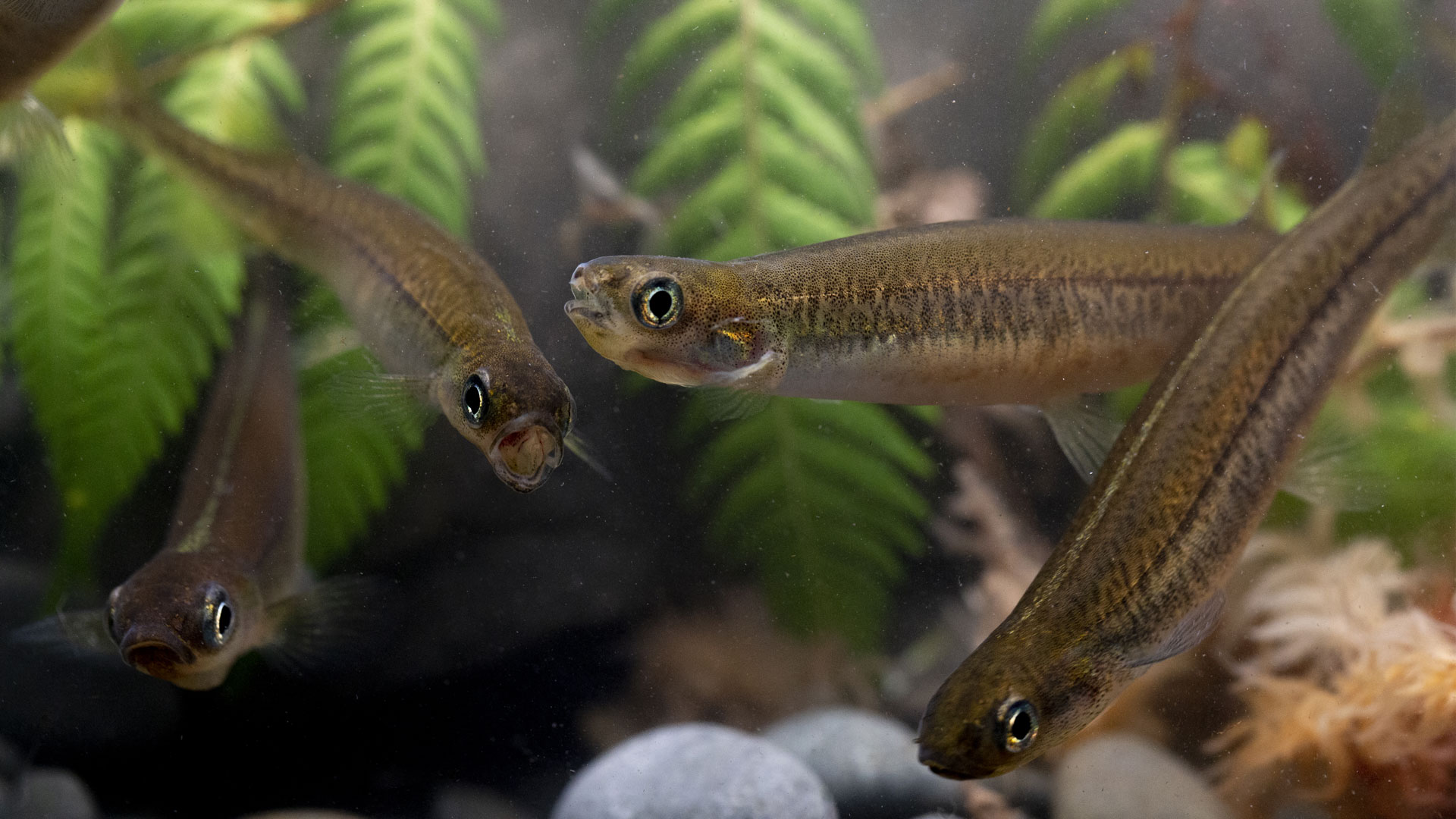Auckland Zoo believes that the fishing of whitebait fish should stop. This is why we've joined over 7,000 (and counting) of our fellow experts and conservationists by writing a submission to the Government and the Department of Conservation ahead of their proposed changes to whitebait management.
We're also asking members of the public to make their own submissions before Monday 2nd March, which you can do easily through the Forest & Bird website or via email.
It is extraordinary and inexcusable that the endemic freshwater fish of Aotearoa remain almost entirely unprotected, not being included as such on the Wildlife Act 1953, and are therefore treated as a resource to be plundered rather than an endangered and precious taonga to be protected and cherished like other endemic species. Freshwater fish should enjoy the same protection and conservation attention we provide other threatened species.
While there may be an argument for continuing to allow limited and strictly-controlled whitebait fishing on cultural grounds, it must be acknowledged that the large-scale consumption of these fish, both domestically and for export, is neither necessary nor sustainable and therefore cannot be justified. If harvesting were the only threat these fish faced a strictly managed fishery might be feasible, but their wetland homes are the most threatened, damaged, reduced and polluted of all Aotearoa’s environments. Nowhere is ‘NZPure’ further from the truth and nowhere are we doing so little to conserve our threatened species.


